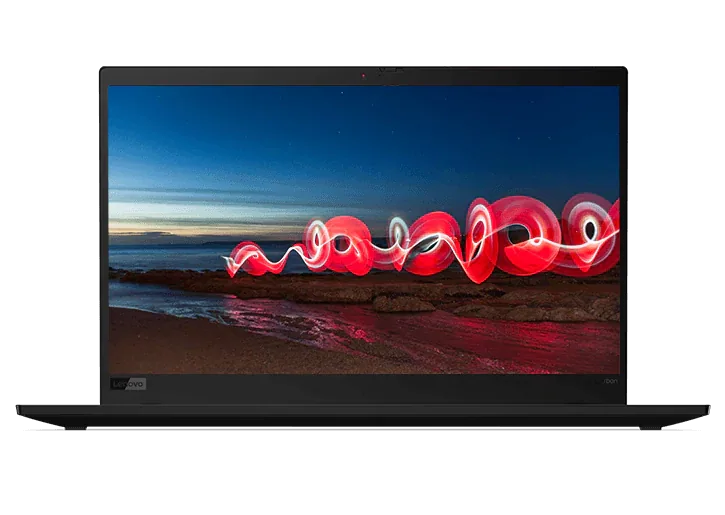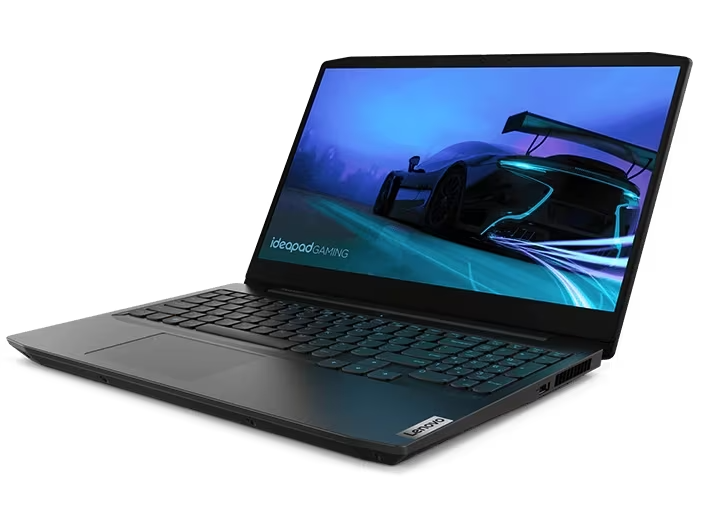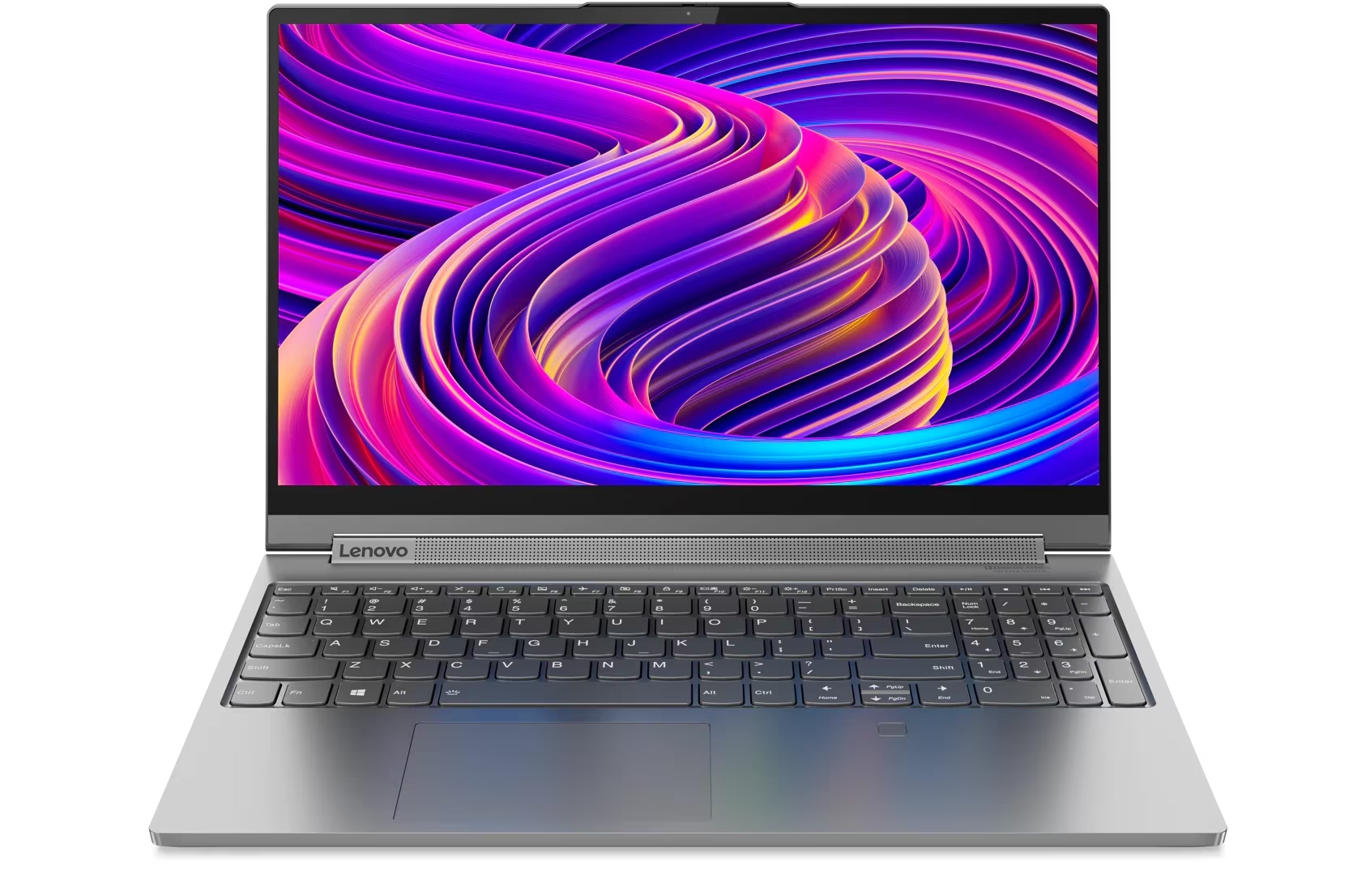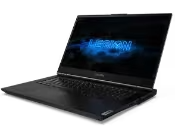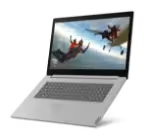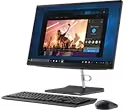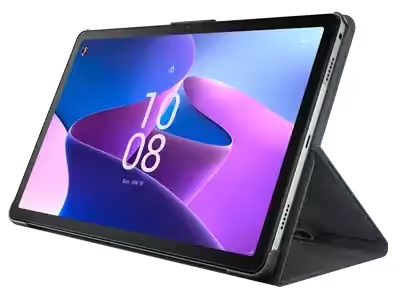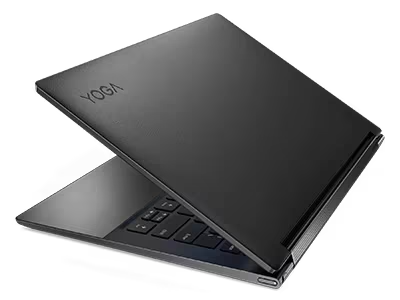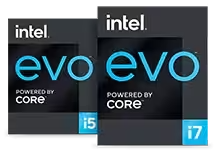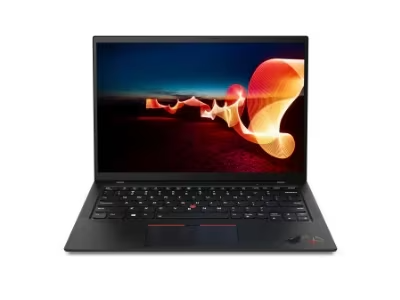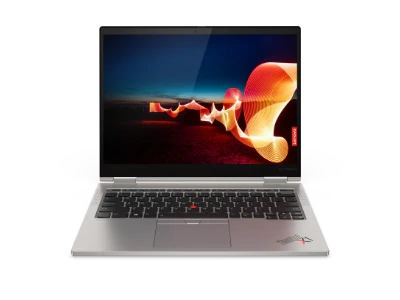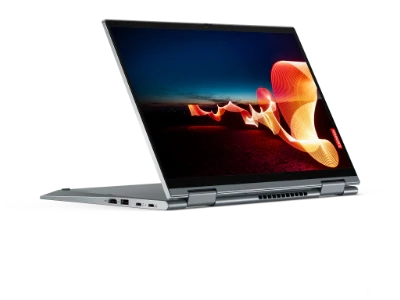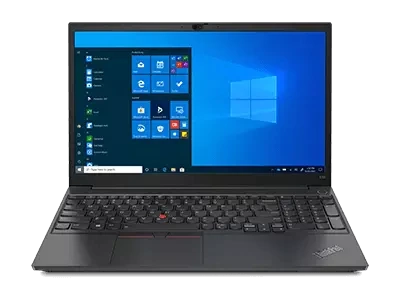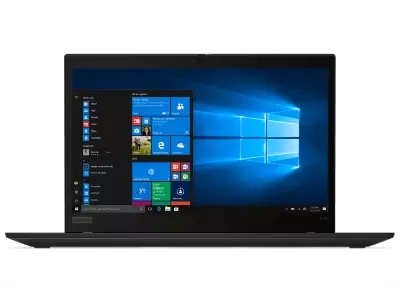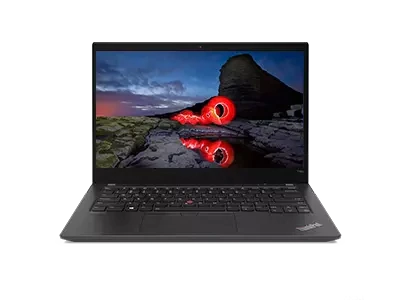Best Laptop for Developers
From social media apps to fundraiser sites to the alarm clock on your phone – developers have a hand in everything. Computer science has led to a whole new world of opportunity, and it's up to us to make sure the developers have the tools they need to get their job done!
Below, we've created a guide discussing all the greatest qualities of the best laptop for computer science, what factors you need to consider before purchasing a new laptop, and what developers need in a laptop.
Let's get started!
The Best Laptop for Premium, Powerful Processing
The processor, or CPU (central processing unit), is a chip on the laptop's motherboard. The best processors have multiple cores and provide more than 2.4 GHz of computing power (or clock speed). Developers need a workstation with the best processors to ensure uninterrupted workflow.
Computer science programs require a powerful processor to run compute-intensive tasks while performing other duties. While most casual users can get away with a simple notebook or tablet for browsing the web, developers need a computer with enough processing power to handle the demands of hard-hitting programs. The ideal processor for computer science has multiple cores and a computing power (or clock speed) of at least 3.0 GHz.
The Best Laptop for RAM
Programs that you install on your computer use up RAM and need ample disk space to operate efficiently. The best laptops for computer science have an exceptional processor with multiple cores, 3.0 GHz or more of computing power, and, at the very least, 8 GB of RAM. Because they frequently use numerous intensive programs at once, most developers prefer at least 16 GB to ensure tasks run smoothly.
The Best Laptop for Battery Life
There's a reason you're buying a laptop: you want it to be portable. But how portable is a computer that you have to charge every three hours? You might as well get a desktop if you're going to be plugged into the wall all day.
The average laptop battery life is 1-5 hours but can last much longer. The best developers don't settle for anything less than 7-hour battery life, and most prefer the 8-10+ hours range.
Lenovo's ThinkPad P Series mobile workstations have up to an impressive 16-hour battery life and are a growing favorite of professional developers.
Ergonomic Design with Inputs in All the Right Places
Many people underestimate the amount of time developers spend behind a keyboard, but it's extremely important for those who spend most of their time behind a computer screen. The best laptop for developers has quiet, easy-to-press keys (but not too easy) and includes a numeric 10-key keypad.
As a developer, you are going to have a lot of things to plugin. You need to make sure your ideal laptop has all the ports you need for the tools of your trade. It is vital to have the ports for the necessary accessories such as a wireless mouse and headset, plus additional ports for the occasionally used plugins like graphics tablets, calibration devices, and other fun toys.
The best laptop for developers has all the basic ports, plus the extras you'll need for programming, with ports to spare.
SSD or Traditional HDD Storage?
Having massive amounts of local storage isn't as crucial as before because you can save your files on the internet; however, you still need a primary storage drive. Most experts recommend an SSD (solid-state drive) over an HDD drive, as it is faster, lighter, and more efficient.
The recommended minimum is 256 GB. Depending on your programming projects, you may not need more storage than that (refer to the section above about storing files on the internet. With multiple storage and memory options, Lenovo's ThinkPad P Series mobile workstation is a great for developers with numerous programs to run and loads of data.
So… What About Graphics?
There are two options for a graphics card: a dedicated GPU, which is independent of the processor, or an integrated GPU, which the processor powers.
With the latest technology, it's not necessary to use a dedicated GPU unless you're working with hardcore graphics like video games, VR, or the like. The newest integrated GPUs are more than capable of handling heavy workloads.
Avoid an Eye-Sore
As someone who builds programs and applications, a developer needs a lot of screen room (screen real estate) to open multiple windows side-by-side. Most expert developers recommend a full HD 15" + screen to increase workspace and avoid eye strain.
Factors to Consider
If you're a developer, there are a few factors you need to consider before committing to buying a new laptop.
Processor – The CPU (central processing unit) is a chip on the laptop's motherboard. The best processors have multiple cores with multiple threads and provide more than 2.4 GHz of computing power (or clock speed). Programmers need a workstation with the best processors to ensure uninterrupted workflow.
RAM – The cloud makes storage a little less critical, but programs still rely on RAM for memory, so it's essential to have enough RAM to support your compute-intensive programs. The absolute minimum is 8 GB, 16 GB is the standard, and 32 GB is the favorite of professional developers who work with big projects and lots of files.
Storage (SSD, HDD, and External drives) – The best laptop for developers has an SSD (solid-state drive) storage of at least 128 GB, instead of the traditional spinning HDDs (hard disk drives), as the HDDs are heavier and have a slower boot-up speed. Many developers like to work with at least 256 GB + SSD storage.
Display – An ideal display for programmers is a clear, high-resolution display that allows easy view of multiple windows at once, with enough screen real estate to open windows side-by-side and multitask efficiently. Programmers need a large workspace to avoid eyestrain. Experts recommend a full HD 15" + screen to increase screen real estate and streamline multitasking.
Graphics – It's not strictly necessary for developers to use a dedicated graphics card. Today's processors have integrated GPUs that are more than able to handle hardcore graphics. As long as you're not dealing with video game development or anything of the like, you should be OK with the latest version of an integrated GPU.
Plenty of accessory ports – The best laptops for computer science have enough ports to accommodate your accessories. As a developer, you're bound to have multiple tablets, monitors, headsets, and other smart devices constantly in use. Always check to make sure the laptop you're getting has the inputs you need before you buy.
Wireless/Wi-Fi – Of course, as a developer, you'll need the best wireless. Working on websites and programs, plus uploading files, all require lightning-fast Wi-Fi. Make sure to get at least the new IEEE standard: 802.11ac (5 GHz, up to 1300 Mbps), which is almost three times the previous standard (802.11n, up to 450 Mbps).
Long-lasting battery – You want to run intense programs that will demand a lot from your battery, but you still need a full day's work. Look for a workstation with excellent battery life, perhaps even an optimized work mode. Remember the rule of thumb: don't settle for anything less than 7 hours of battery life.
Lightweight but sturdy – As a developer, you'll probably be traveling a lot, which means you're bound to have an accident or two. Great laptops can withstand more than a few falls, bumps, and bangs.
Webcam (and microphone) – An excellent webcam is essential for any workstation post-pandemic. Online meetings, appointments, and consultations all require a high-definition webcam that provides a clear, crisp video. A good microphone is a great bonus, but most professional developers prefer to use headsets, instead.
What Do Developers Need in a Laptop?
The best laptop for computer science isn't just a bunch of RAM and an excellent processor.
The best laptop for developers has everything you need for hardcore computing in no time:
- CPUs with multiple cores and threads that can effortlessly run the most hardcore programs
- Lightning-fast Wi-Fi to upload files - 802.11ac (5 GHz, up to 1300 Mbps), is the new IEEE standard, which is almost three times the previous standard
- High-resolution 15" + display to streamline multitasking and prevent eye strain
- Lightweight yet durable to withstand inevitable accidents during travel
- Plenty of accessory ports for smart devices
- Long-lasting battery of at least 7 hours
- Ergonomic keyboard with 10-key numeric keypad
- Webcam for online meetings and consultations
Developers, computer scientists, programmers – call them what you will; they write and create programs that the rest of us use every day. So, they need the right tools to make their job easier. That's why we made one for them.
With a powerful processor, fast RAM, and massive amounts of storage, The ThinkPad P Series has everything developers need for excellent programming.
